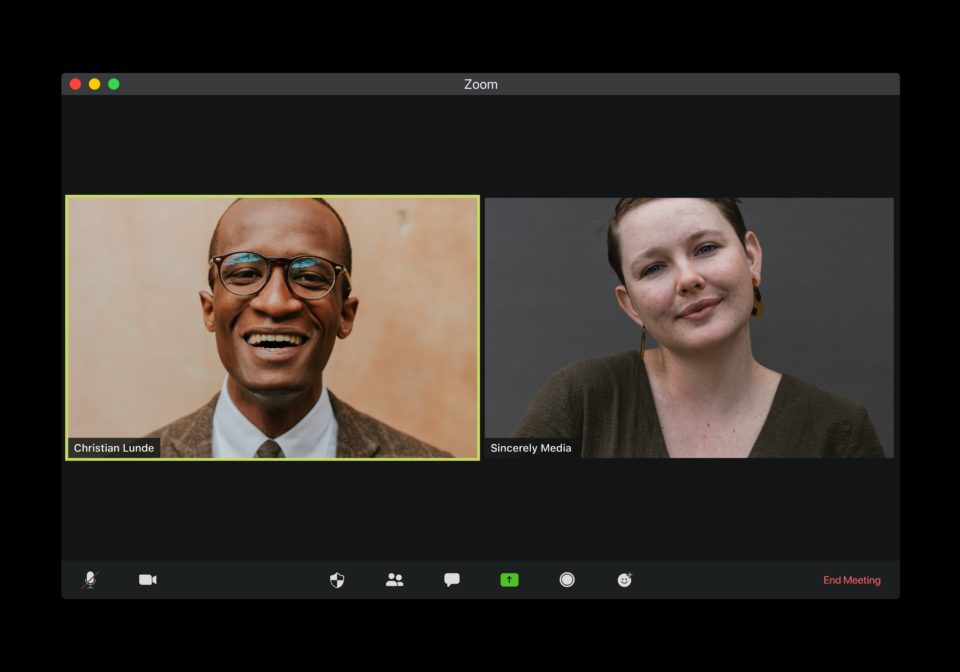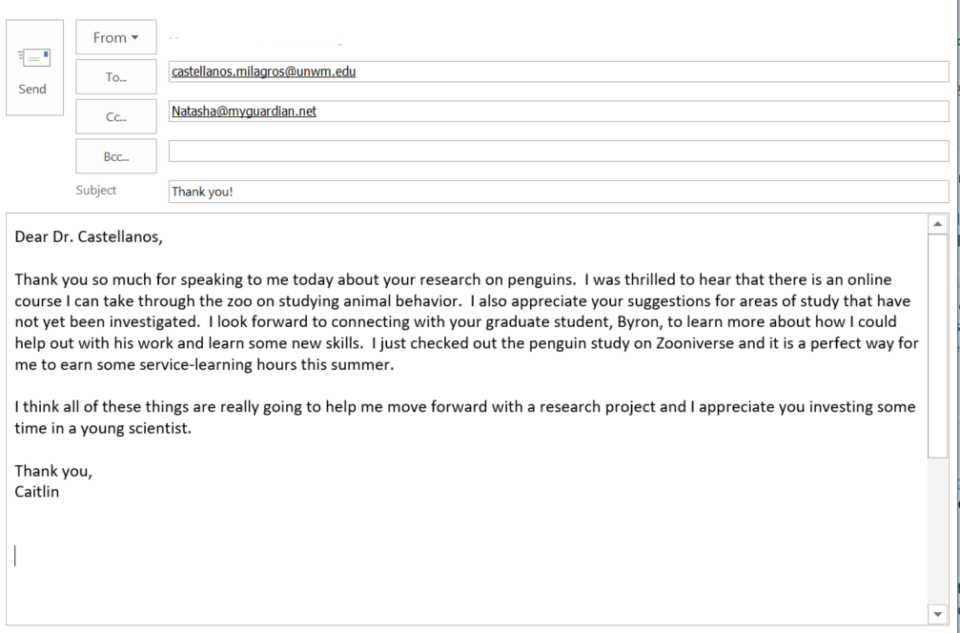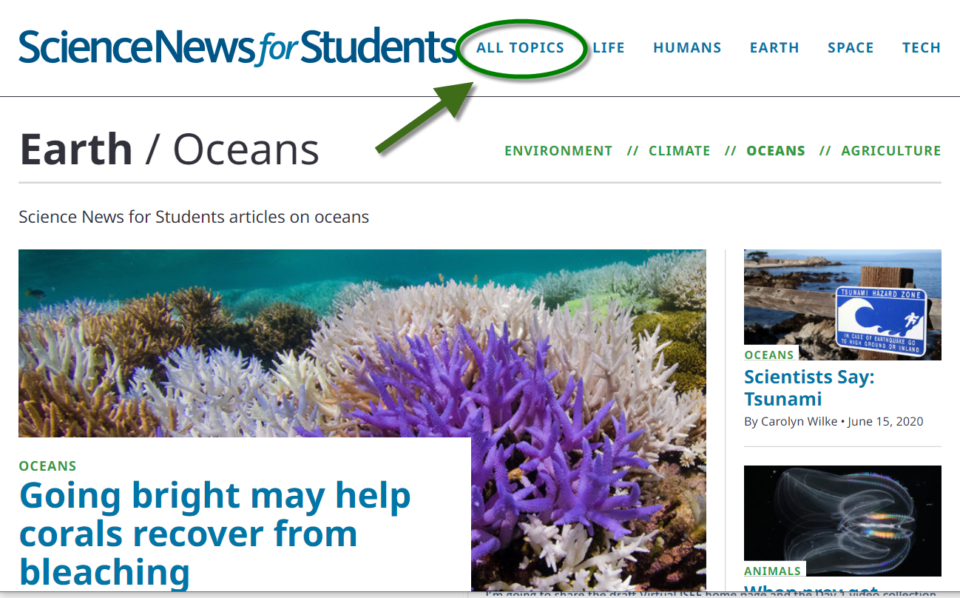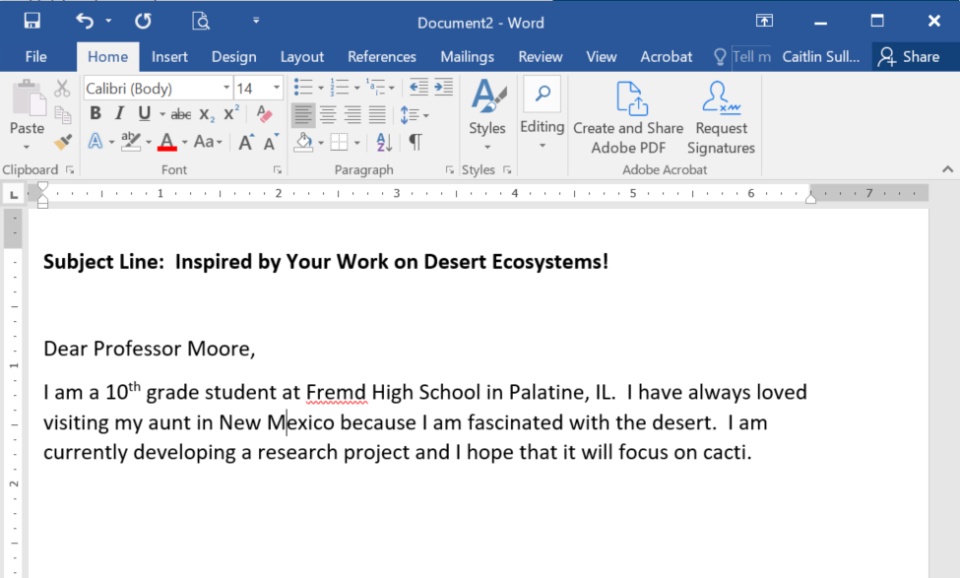Research at Home: How to Approach a Scientist Virtually
In this time of social distancing, many scientists have found ways to transition their research home, just like students with science research projects. Since much of their work is now taking place virtually, this is the perfect opportunity to find a scientist anywhere in the country who may be able to help you with your project.
How a Scientist Could Help with Your Research
A professional scientist could be helpful to your science research projects in a number of ways, including:
- Explaining scientific concepts that are involved in a specific area of research
- Pointing out potential project topics in their subject area
- Giving feedback on your research question and procedure
- Identifying variables that must be controlled in your experiment
- Reviewing your background research to ensure you have not missed key findings
- Recommending what materials and equipment would be best to use for a project and facilitating access to those resources
- Introducing you to other scientists who could also help mentor you

Before you reach out to a scientist for help, we recommend reviewing the tips below.
Obtaining Parent/Guardian Permission
If you are under 18, you should obtain parent/guardian permission before you begin searching for and reaching out to potential mentors. Ask your parent or guardian if they would like to be copied on email communication or be included on phone calls and keep them informed on all your interactions.

Identifying Potential Scientists
Finding a scientist to reach out to is the first important step to connecting with someone who can help you to learn and grow. Find out more about how to identify the right scientist.
READ MOREContacting a Scientist
If you hope that a scientist will take your request for help seriously, you’ll want to ensure that your request appears professional. Learn about the proper way to go about reaching out.
Read MorePreparing for the Conversation
Receiving a positive response from a scientist is exciting, but preparing for the conversation is equally important. Here are some tips:
- Prepare a list of questions you have for the scientist related to your ask. These questions should be specific and show that you have done your homework.
- Rather than asking, “What should my research topic be?” it would be better to have at least 2-3 project ideas ready to share. Then you can ask if they have other recommendations.
- Review their biography and research again so that you do not ask questions that are answered online.
- Come up with your second “ask.” This could be things like:
- Could I call you again in the future if I have any questions?
- Might you be willing to look over my procedure once I have fully developed it?
- Do you have any graduate or undergraduate students in your lab that might be willing to speak to me about their experiences in research?
- Find a quiet place for your call, where you will not be interrupted. Make sure you have allotted an hour in your schedule, even though you should expect the call to last about 10-20 minutes. If a scientist wants to talk longer, it is courteous to have that time available
- Have paper nearby or a document open where you can take notes.

Following up with a Thank You Message
If you do connect with a scientist, even for a brief email exchange or phone call, it is important to follow up as soon as possible with a thank you message. It is a good idea to send this message as soon as your interaction has taken place, so that you do not forget and the conversation is fresh in your mind.


